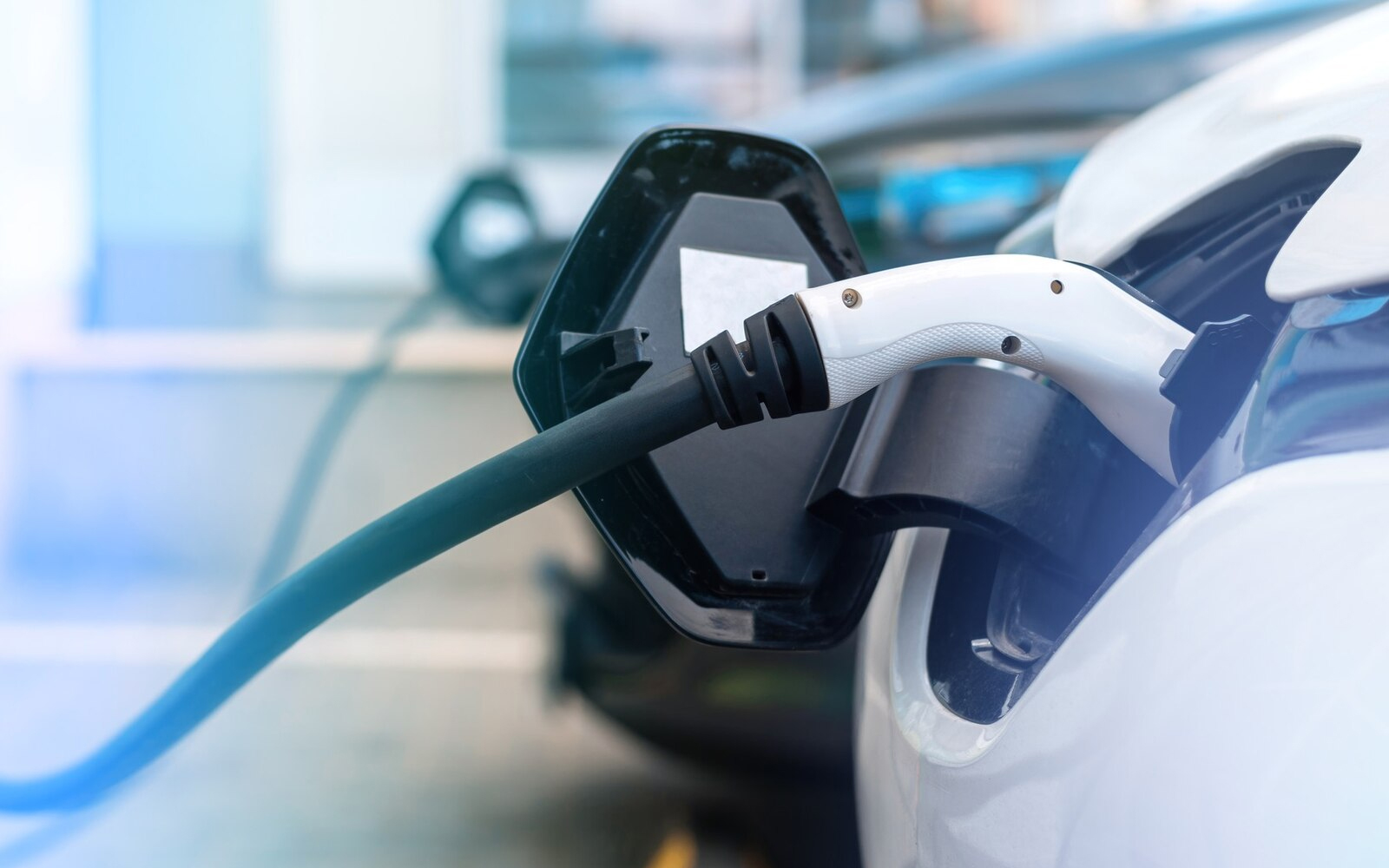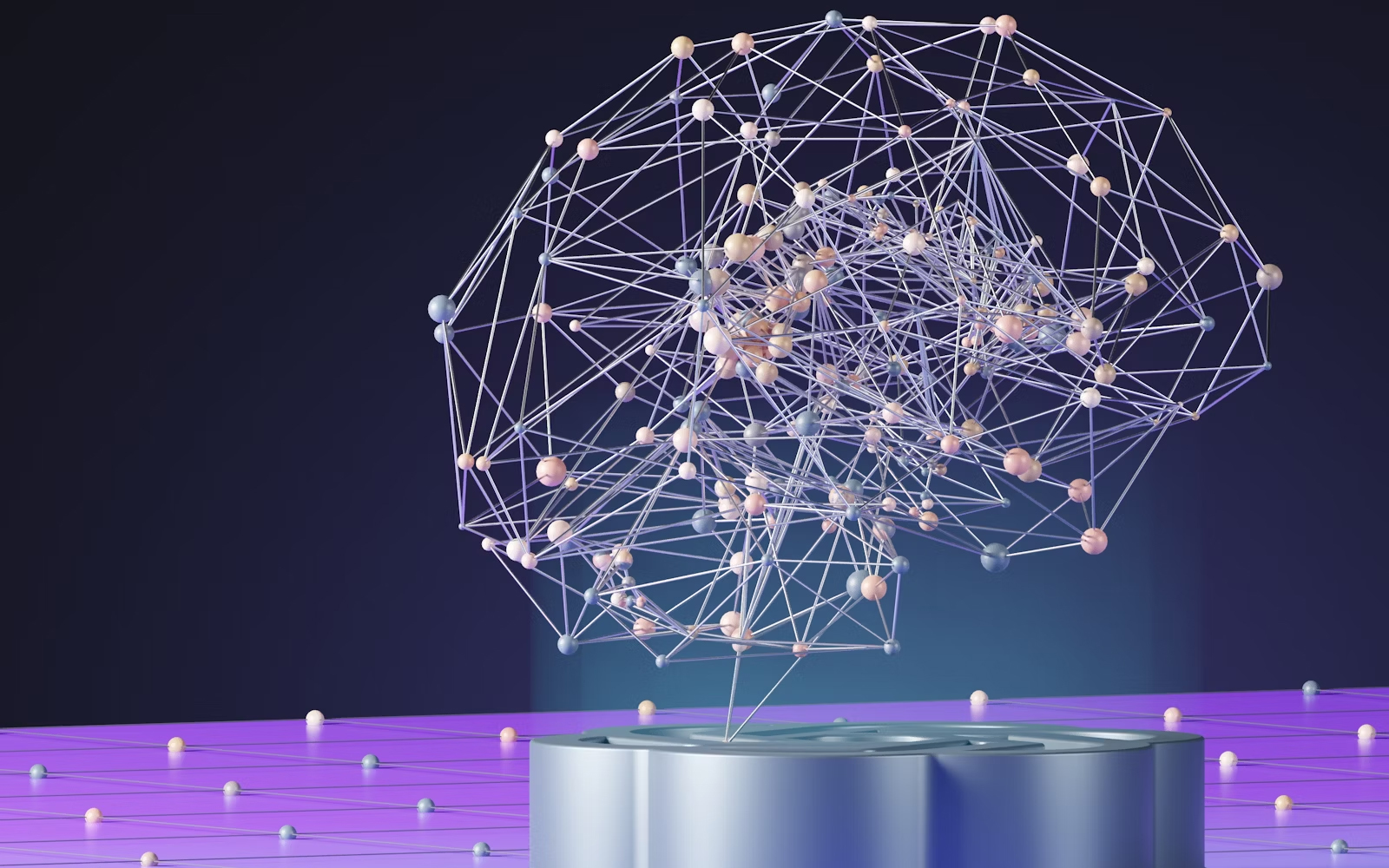
Artificial intelligence is making its way into all areas of life, and Eatron Technologies, along with Syntiant, has introduced a breakthrough that could revolutionize battery management.
Their new AI-powered battery management system (BMS) significantly enhances efficiency and extends battery life, as reported by NewAtlas.
Referred to as AI-BMS-on-chip, internal tests show this system can increase battery capacity by 10% and extend its overall lifespan by up to 25%. The key to this success lies in accurately monitoring the battery’s state of health (SoH) and state of charge (SoC).
Artificial intelligence is making its way into all areas of life, and Eatron Technologies, along with Syntiant, has introduced a breakthrough that could revolutionize battery management. Their new AI-powered battery management system (BMS) significantly enhances efficiency and extends battery life, as reported by NewAtlas.
AI-BMS-on-chip, as the companies call it, has been shown in internal tests to increase battery capacity by 10% and extend overall lifespan by up to 25%. This success is attributed to precise monitoring of the battery’s state of health (SoH) and state of charge (SoC).
Central to this technology is the Neural Decision Processor NDP120 from Syntiant, which analyzes battery performance in real-time. Through predictive diagnostics, it can identify potential issues early and take measures to prevent failures, improve safety, and optimize performance.
A key advantage of the NDP120 is its seamless integration into existing BMS applications. Since this system is located directly within the battery, it eliminates connectivity and latency issues often associated with cloud-based systems, and also addresses privacy concerns, according to the press release.
This technology has significant potential in the electric vehicle sector, where it could notably extend EV range and battery lifespan, saving consumers substantial costs. The system’s predictive capabilities also reduce the risk of battery failure in critical situations.
Standard lithium-ion batteries typically last about 500-1,000 charging cycles before degradation begins. With Eatron Technologies’ AI BMS technology, the number of cycles can increase to 625-1,250. For LiFePO4 batteries, the lifespan can extend from the standard 5,000 cycles to over 6,250 cycles.
In addition to extending battery life and enhancing safety, this technology contributes to sustainability by reducing electronic waste and promoting efficient resource use.


